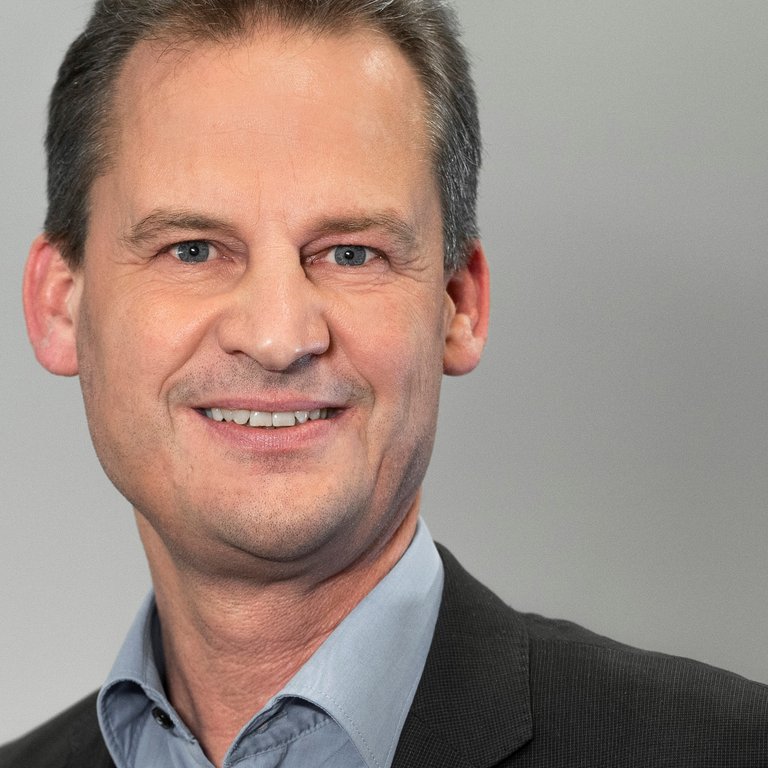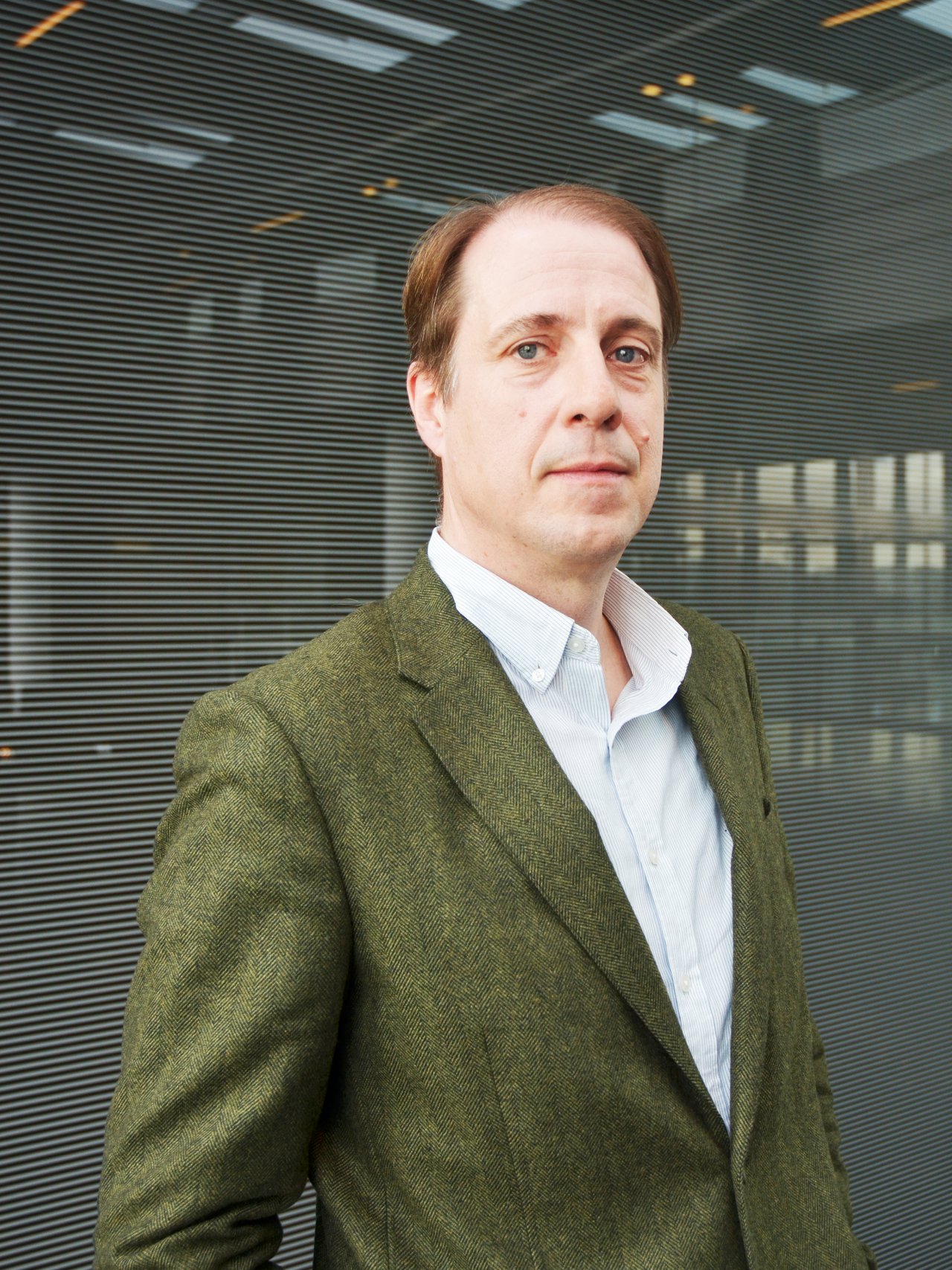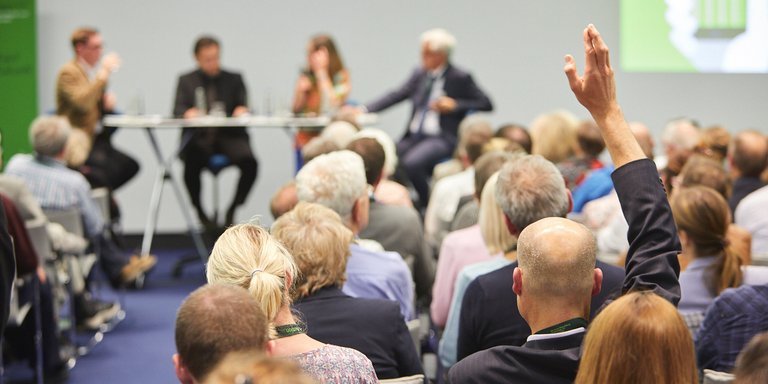
Green Economy - Climate protection as business model
Dialogue Forum on 08 February 2022, 19:00
Online
properties.trackTitle
properties.trackSubtitle
For a long time, companies and industry saw climate protection as a risk factor for their economic success because of the associated costs. But for some years now, a rethink has been taking place. Opportunities associated with a climate-neutral economy are increasingly highlighted. "72% of companies assume that they will be able to successfully adapt their business model to the green economy in the next five years," explained Dr Adriana Neligan, Senior Economist for Green Economy and Resources at the German Economic Institute (IW). She referred to a survey of German companies by the IW Future Panel.
According to the survey, two-fifths of the companies see new sales opportunities for their climate-friendly products and services, but about the same number fear that cost increases will jeopardise their business model. Around 25% of the respondents expect their products to become less competitive.
Preventing the exodus of companies
The KlimaWirtschaft Foundation wants to drive the transformation to climate neutrality. It is an alliance of companies that are committed to climate protection and want to set the right framework for it together with politicians, as executive director Sabine Nallinger explained: "Our goal is a cross-sectoral approach that covers the entire economy. We want to prevent companies from migrating to places with lower environmental standards in the course of so-called "carbon leakage" (shifting of CO2 emissions through production abroad)." More and more companies are calling for a political framework that makes it possible to turn "climate neutrality made in Germany" into an export hit on international markets.
Ralf Pfitzner, head of sustainability at the Volkswagen Group, has a sense of this. He left no doubt that the car producer will successfully adapt its business model to the Green Economy: "The transport sector is responsible for around 14 to 20% of CO2 emissions and is therefore both part of the problem and part of the solution." The key to this lies in the electric drive. For efficiency reasons, hydrogen is less suitable for roads than for ships or aircraft.

The transport sector is responsible for around 14 to 20% of CO2 emissions and is therefore both part of the problem and part of the solution.
Green Economy requires societal transformation

The economy has taken the lead in the expansion of renewable energies and is often already much further ahead than politics.
Wolfram Günther, Minister of State at the Saxon State Ministry for Energy, Climate Protection, Environment and Agriculture, can only confirm that completely new tones are coming from the business community. "The economy has taken the lead in the expansion of renewable energies and is often already much further ahead than politics." However, the path to a green economy must encompass society as a whole. This includes factors of an environmentally compatible economy such as resource consumption and emission reduction as well as the sustainable design of products, supply systems and infrastructures. Questions about living and working conditions, consumption patterns, product life cycles and financing models also need to be answered.
"Many small start-up companies have already developed ideas that will be given a real chance by the necessary restructuring of the economy," said the minister. Politicians must promote this through favourable framework conditions. "From a company's point of view, the issue of carbon pricing is particularly important," added VW's Pfitzner. This is the only way to achieve the transformation under fair and reliable conditions and to prevent emission-intensive industries from migrating to third countries.
Time is pressing

The big challenge is that we now have to implement everything at the same time, i.e. establish a circular economy, transform the energy sector and switch to sustainable products.
The role of consumers

It is an illusion to believe that we can stop or slow down the global economy, that would be difficult to convey to emerging economies with their pent-up demand.
*******************************************************


